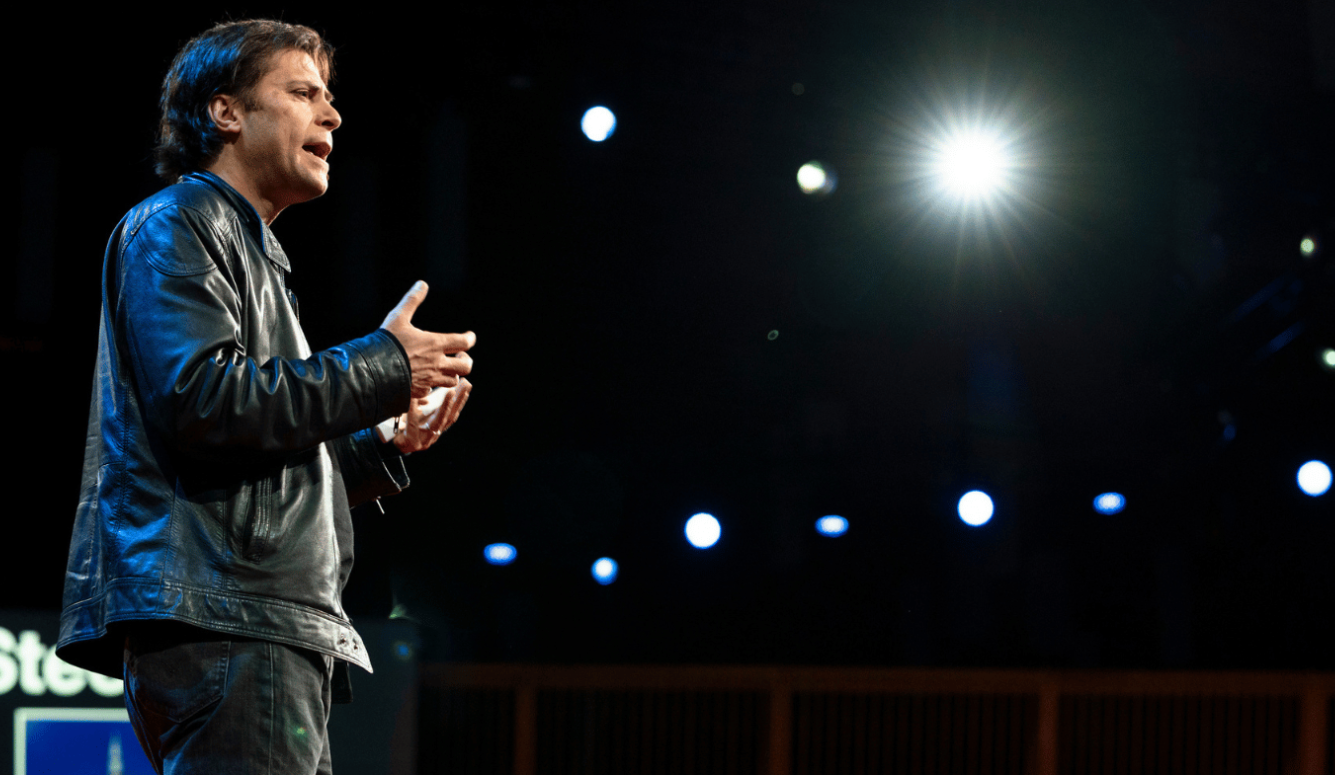Science / Tech
One Year Since the AI Pause Petition
Just because we can imagine something terrible happening, that does not mean it will happen.
· 10 min read

Keep reading
A New Middle East?
Brian Stewart
· 6 min read
Greta Thunberg’s Fifteen Minutes
Allan Stratton
· 10 min read
Gentrifying the Intifada
John Aziz
· 8 min read
Creative Writing in the Age of Trump
Daphne Merkin
· 7 min read
Podcast #291: Science vs Māori Knowledge
Quillette, Kendall Clements
· 47 min read
In Defence of Jiang Yurong
Aaron Sarin
· 9 min read





